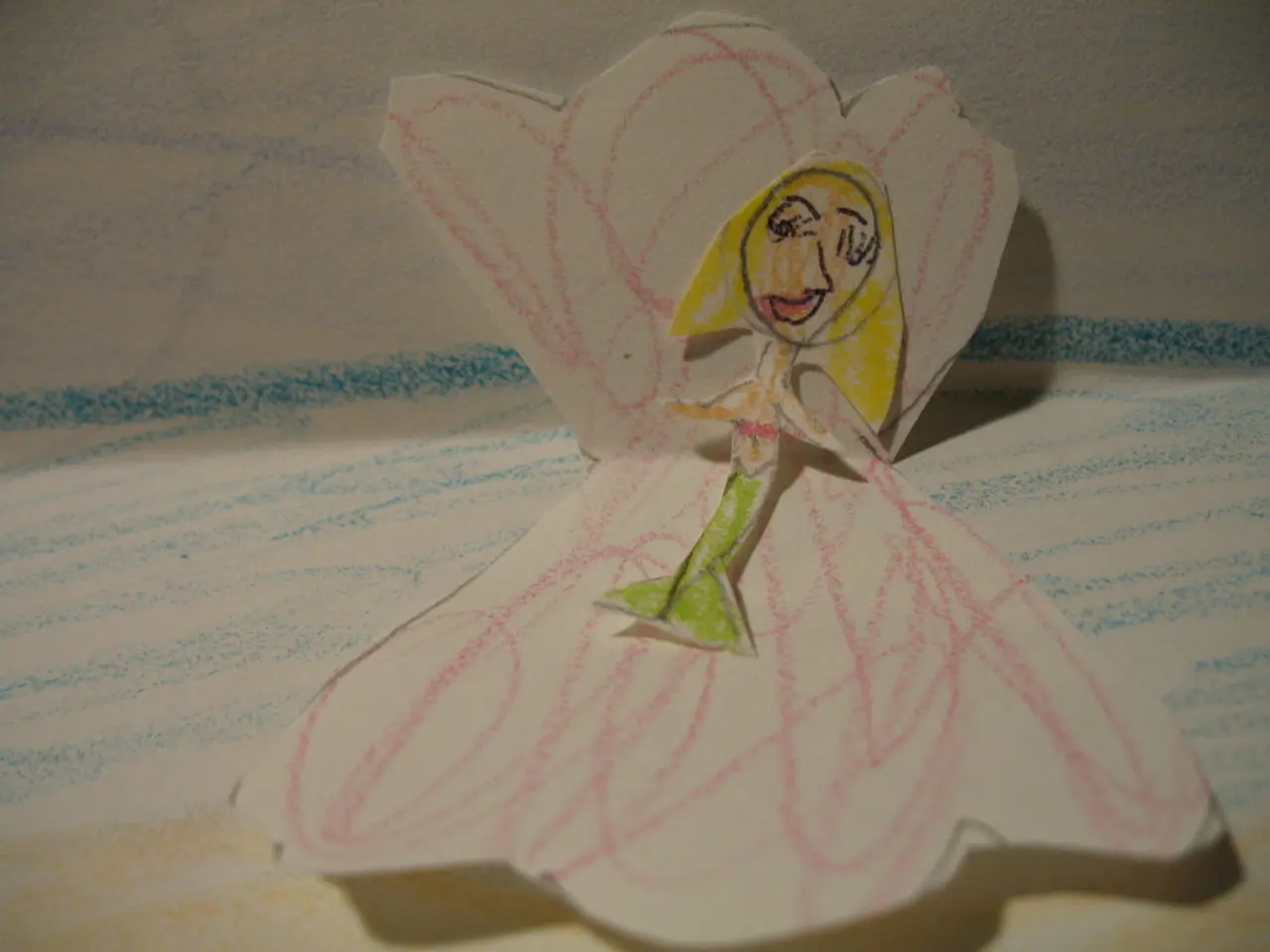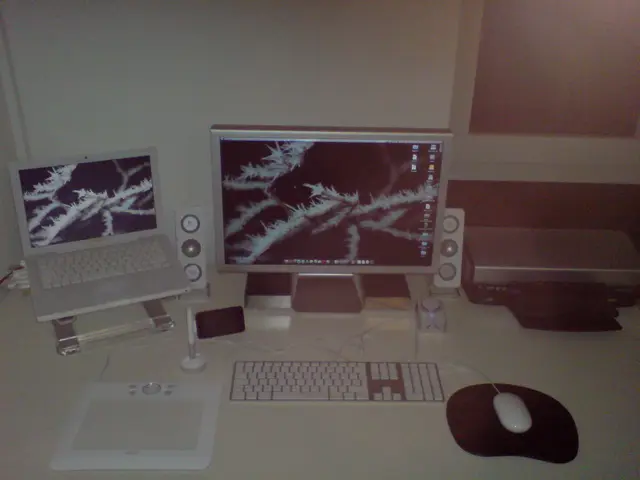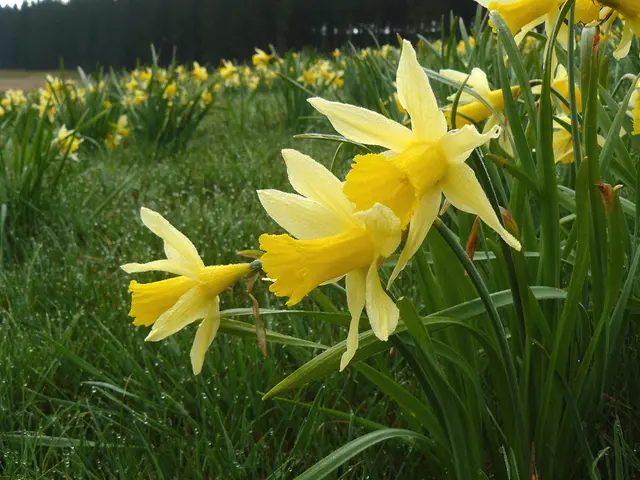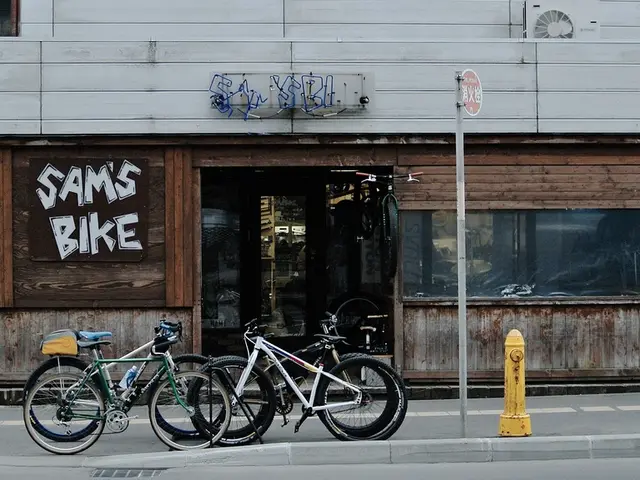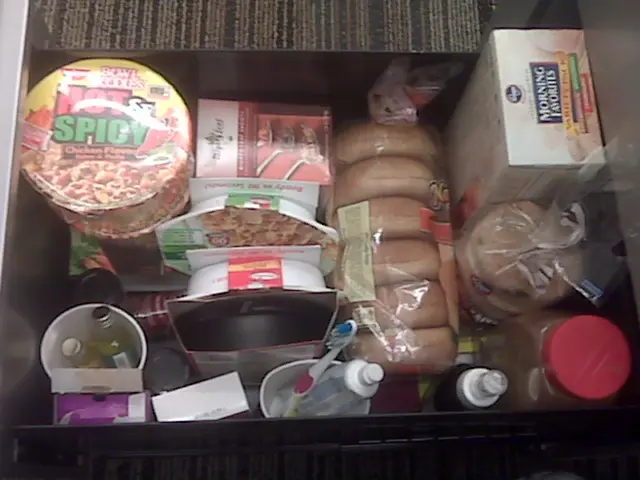Strategies and Guidance for Emerging Artists
Discovering inspiration as a beginner artist can be an exciting yet challenging journey. Here are some effective ways to find new inspiration and nurture your artistic growth:
**Explore New Environments**
A change of scenery can spark creativity. Try drawing or painting in a new location, such as outdoors or in a different room, to stimulate your imagination. Even a short trip to another city or a nearby village can expose you to new sights, cultures, and experiences that can inspire your art.
**Engage with Diverse Art Sources**
Visiting art galleries, museums, and exploring art books can help you get familiar with various styles and techniques. Online platforms like Pinterest and art communities can provide a wealth of inspiration by showcasing different artists and styles.
**Experiment with New Materials and Techniques**
Using new materials can lead to fresh styles and techniques. Experimenting with different paints, brushes, or mediums can help you discover unique effects. Collaborating with other artists can also provide opportunities to learn new techniques and share ideas.
**Participate in Creative Challenges**
Engaging in art challenges where you paint a specific subject each day or follow prompts like painting with limited colours or themes can help break creative blocks and stimulate your imagination. Paint by numbers can also help break creative blocks by allowing you to focus on colour combinations and technique without worrying about what to paint.
**Reflect and Play**
Allowing yourself to play with materials and watch how ideas emerge naturally can lead to unexpected yet captivating art pieces. Keeping a journal or sketchbook to record your ideas and reflect on them can help you identify recurring themes or styles that inspire you. Photographing artwork regularly allows for tracking progress over time.
**Practice Consistently**
Balancing practice and patience is crucial for creating art. Dedicate at least 30 minutes each day to practice. Consistent practice is essential to improve skills and build confidence. Enroll in art classes or workshops to receive one-on-one feedback. Online courses on platforms like Skillshare and Udemy may offer mentorship components.
**Seek Support and Mentorship**
Attend art fairs, exhibitions, and networking events to meet potential mentors. Seeking constructive feedback from fellow artists or mentors can help improve skills. Mentors can provide personalised advice and guidance based on their experience.
**Embrace Mistakes**
Mistakes should be embraced as learning opportunities. Mistakes can lead to new discoveries and help you develop your unique artistic voice.
**Invest in Quality Materials**
Starting as an artist can be challenging; using quality materials can significantly improve work. Invest in quality watercolor paints and use watercolor paper for best results. Basic tools for sculpting include a rolling pin, sculpting tools, and a wire cutter. Air-dry clay and polymer clay are good choices for beginners in sculpture.
**Set Realistic Goals**
Setting realistic goals helps maintain motivation and ensures steady progress. Goal setting is important for measuring progress; set small, manageable goals. Creating milestones for goals helps celebrate achievements.
**Study Art History**
Mastering perspective helps create the illusion of depth on a flat surface. Understanding light and shadow is essential for creating realistic art. Studying art history can provide a deeper understanding of different styles.
**Immerse Yourself in a New Culture**
The Cultural Immersion: Artist in Residence Program 2024 offers artists a unique opportunity to immerse themselves in a new culture while working on their craft. Joining art communities provides a supportive environment for sharing work and receiving feedback.
**Take Care of Yourself**
Short breaks during long practice sessions help avoid burnout. Regular self-evaluation is important for identifying what needs more practice. Keeping a sketchbook is a great way to store ideas.
In conclusion, discovering inspiration as a beginner artist requires exploration, experimentation, and practice. By engaging with diverse art sources, experimenting with new materials and techniques, participating in creative challenges, and seeking support and mentorship, you can nurture your artistic growth and find your unique artistic voice.
Inspired by new environments can extend beyond art, as exploring lifestyle choices, fashion-and-beauty trends, or trying out new food-and-drink recipes could also stimulate creativity. Similarly, venturing into home-and-garden projects might provide fresh perspectives on composition and color palettes. Furthermore, engaging with educational resources in self-development, such as attending workshops or online courses, could help broaden your understanding of various artistic techniques and concepts.
